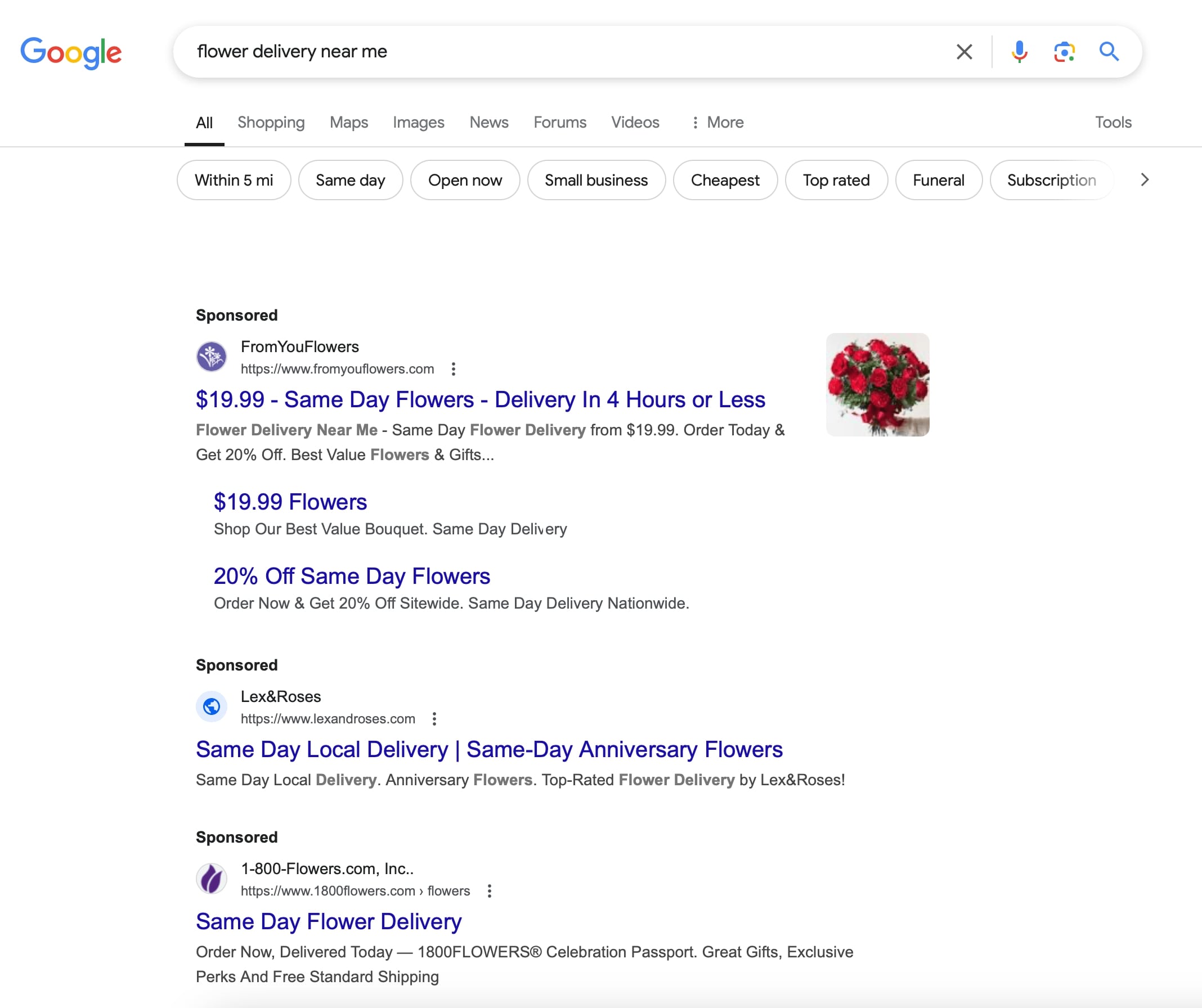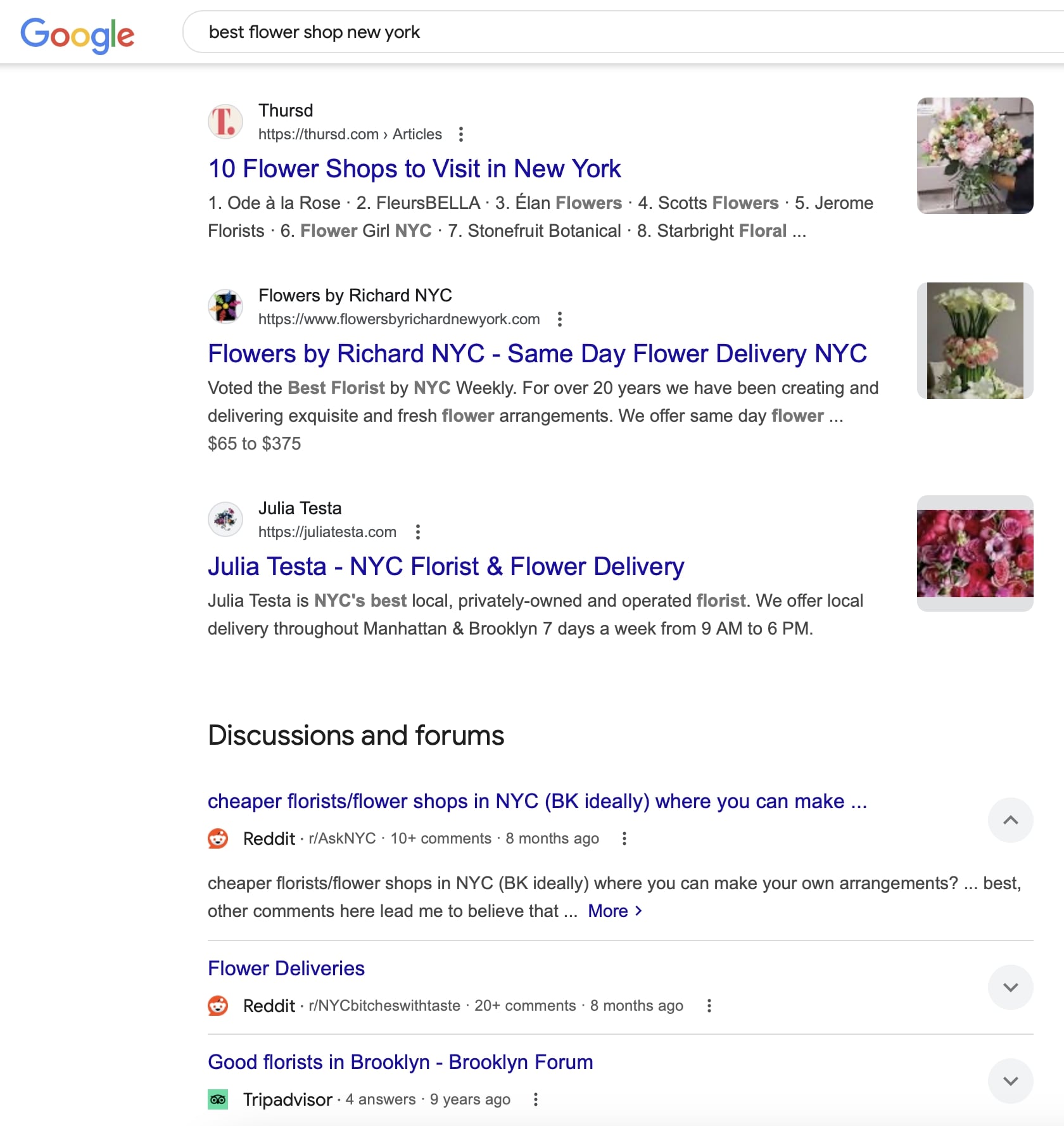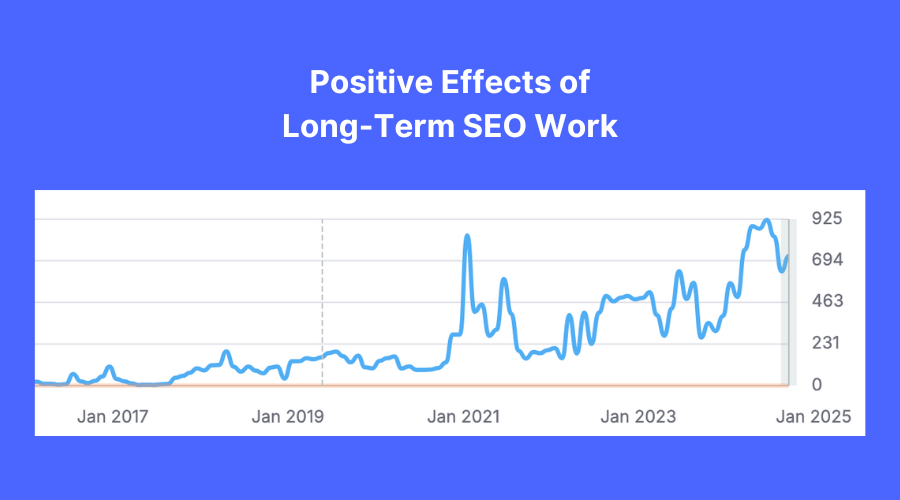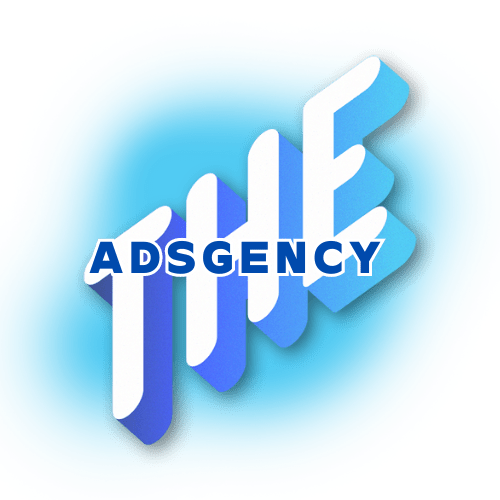In the digital marketing world, businesses have two primary ways to reach users on search engines like Google: through Google Ads (paid search) and organic search (SEO). Each has distinct benefits, costs, and strategies, and understanding the difference between these approaches is essential for any business aiming to increase online visibility, drive traffic, and generate leads. In this article, we’ll dive into the major differences, strengths, and use cases of both Google Ads and organic search.
What Are Google Ads?
Google Ads, also known as paid search or pay-per-click (PPC) advertising, is a paid service where businesses bid on keywords to have their ads appear at the top of Google search results. These ads appear at the top or bottom of search engine results pages (SERPs) and are marked with an “Ad” label to distinguish them from organic results.
With Google Ads, advertisers can create a highly targeted ad campaign, paying only when users click on their ads. They can control ad placement, bidding strategies, and even target specific demographics and locations.
Example Implementation: Suppose you own a flower shop. You can use Google Ads to target keywords like “flower delivery near me” and “order flowers online.” By bidding on these keywords, your ad could appear above organic results whenever someone searches for these terms, increasing the likelihood that users click on your ad and convert.

What is Organic Search?
Organic search refers to the unpaid search results on a SERP, which are ranked by Google’s algorithm based on relevance, authority, and user experience. Unlike paid ads, organic listings are not marked with an “Ad” label and appear as natural search results.
Organic search results are influenced by search engine optimization (SEO) practices, which involve optimizing a website’s content, structure, and keywords to rank higher in search results. Achieving high rankings in organic search can take time and effort, but it often yields long-term benefits for visibility and traffic.
Example Implementation: If the flower shop optimizes its website with high-quality content, relevant keywords, and local SEO practices, it might naturally appear for searches like “best flower shop in [city]” without having to pay for each click.

Key Differences Between Google Ads and Organic Search
1. Cost and Payment Structure
- Google Ads: Google Ads operates on a pay-per-click (PPC) model, where businesses pay each time someone clicks on their ad. The cost per click (CPC) can vary widely depending on competition and keyword popularity. Some industries, like insurance or finance, may see CPCs as high as $50 per click, while others may be less expensive. For a business with an ad budget, Google Ads offers a way to secure immediate visibility.
- Organic Search: Achieving organic rankings doesn’t require payment per click. Instead, the “cost” involves the investment in SEO tactics, such as content creation, keyword optimization, and backlink building. While organic search may require upfront investment, there is no ongoing cost per click, making it more sustainable for businesses with limited budgets.
2. Time to Results
- Google Ads: Google Ads campaigns can produce instant visibility, as ads start appearing almost immediately once the campaign is launched. This is a significant advantage for businesses that want quick results, such as promoting a seasonal sale or limited-time offer.
- Organic Search: Organic search takes longer to build. It can take weeks or months of consistent SEO efforts to achieve high rankings, especially in competitive industries. However, once a website achieves high organic rankings, it can maintain its position with regular SEO maintenance.
3. Click-Through Rates (CTR)
- Google Ads: Paid ads often have lower click-through rates than organic results. Users are generally more likely to click on organic results, as these listings may appear more trustworthy and relevant due to their ranking based on Google’s algorithms.
- Organic Search: Organic listings tend to have higher CTRs, particularly in the top positions. Studies have shown that the first organic result on Google can capture over 25% of total clicks, a number that paid ads typically can’t match.
4. Longevity and Sustainability
- Google Ads: Ads are only visible as long as they’re funded. Once you stop paying for Google Ads, your ad disappears, so it’s not a sustainable long-term strategy for ongoing traffic without an active budget.
- Organic Search: Organic search results offer longer-term visibility. Once a page is well-optimized and ranks high, it can remain visible for extended periods, requiring only maintenance-level SEO to stay competitive.
5. Targeting and Control
- Google Ads: Google Ads provide extensive targeting options, including keyword match types, demographic targeting, location targeting, and device targeting. This high degree of control allows advertisers to fine-tune their campaigns based on performance data and audience insights.
- Organic Search: Organic search relies more on content relevance and search intent to drive visibility. While you can target specific keywords, there’s less control over where and how often your content appears. Success depends more on relevance and SEO quality.
Benefits of Google Ads
- Instant Visibility: Great for new businesses that need immediate online presence or for promoting time-sensitive offers.
- Precise Targeting: Allows businesses to reach specific audiences based on their search habits, demographics, or locations.
- Measurable Results: Offers detailed data and analytics on click-through rates, cost per conversion, and return on investment.
When to Use Google Ads:
Use Google Ads when you need fast results, have a specific target audience, or want to promote an offer that needs quick visibility. For instance, if you’re a local plumber running a holiday discount, Google Ads can help you reach potential customers searching for “plumbing discounts near me.”
Benefits of Organic Search
- Credibility and Trust: Users often trust organic search results more than ads, perceiving them as more reliable and relevant.
- Cost Efficiency: Organic search can yield sustainable, ongoing traffic without the need for constant ad spend.
- Long-Term ROI: Once a website achieves high rankings, it can maintain visibility with regular maintenance, creating a steady stream of leads over time.
When to Focus on Organic Search:
Organic search is ideal for businesses looking to build a lasting online presence, particularly when they’re not in a rush to generate immediate traffic. It’s best for those who want to establish credibility and improve brand authority in the long run.
Discover some SEO best practices to learn how to get started and implement the best possible SEO strategy for your business.

Combining Google Ads and Organic Search for Optimal Results
For the best results, many businesses use both Google Ads and organic search strategies. This approach offers the immediate impact of paid ads with the long-term benefits of organic SEO. Here’s how they complement each other:
- Brand Visibility Across the SERP: Having both a paid ad and an organic listing for the same keyword increases your visibility and credibility, as users are more likely to notice your brand in multiple listings.
- Keyword and Content Insights: Running Google Ads provides valuable data on which keywords convert best. You can use this data to optimize your SEO strategy, focusing on keywords with high conversion potential.
- Continuous Presence: While organic SEO takes time, Google Ads can provide visibility in the meantime, ensuring your business remains visible during the organic SEO buildup.
Conclusion
In summary, Google Ads and organic search each offer unique benefits and serve different purposes within a comprehensive marketing strategy. Google Ads provide immediate visibility, precise targeting, and valuable insights, while organic search builds credibility, sustainable traffic, and long-term value. By combining both, businesses can maximize their reach, tap into short-term and long-term traffic sources, and build an effective presence on search engines.
For expert advice on managing both paid and organic search campaigns, at TheAdsGency , we offer tailored solutions to optimize your visibility and ROI on Google’s search results pages.
